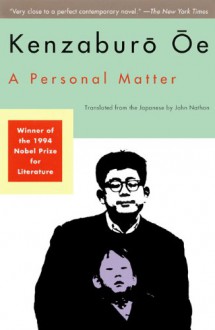


The history of ancient Rome, in general, has cloaked the women of the Caesars in shadows and obscurity. Undoubtedly, these women are worthy of greater attention; their stories are fascinating in their own right, and rife with intrigue and scandal.
Livia Drusilla (58 B.C.- 28 A.D.) was extremely charitable to the cause of orphans and provided relief support to victims of disasters. She was privy to affairs of state and had the ear of "the ruler of the world." She has been viewed as the most powerful woman in the history of ancient Rome and was deified as a goddess after her death.
Livia was described by her grandson in I, Claudius (1934) as: both "remarkable and abominable," and one of the worst of the ancient Claudian family of Rome. Robert Graves's Claudius leaned to the beliefs that she was shrewd, cunning and responsible for poisoning many who crossed her path to power. Contemporary historians dispel this idea, finding these accusations baseless - a fair sentiment which Smith achieves in I am Livia by portraying her in a more judicious light.
To be appreciated as a woman, and also to be appreciated as a creature with a mind --what more could I have wanted?
The novel's similarity to I, Claudius is its autobiographic-fictional device, used in this case, to tell the historical events starting from the murder of Julius Caesar to the last Civil War. Smith's work however, skims the surface of historical details and their significance in shaping the Empire, focusing more on the characters' relationships, specifically, the woman behind the man.
Any woman who says she does not want to guide the actions of the man she loves, is in my opinion, lying.
Readers get to see the developing inner machinations of an astute, intuitive woman, viewing Livia as a young, out-spoken daughter of a nobleman, as a teen-bride, a wife to a Caesar and mother to a dynasty- a woman who could capably exercise influence over Caesar Octavianus, in her mind, "for the good of Rome"; whose political savvy and sound advice were probably her husband's greatest assets.
I can't claim to know much of ancient Roman history (a paucity I regret and look forward to remedy), so it was a little confusing for me with all the key figures (who bred like rabbits), their offspring, extended family members and/or adopted heirs with same or similar names. It is for this reason that I would have liked to see a genealogy map. Trust me, this is important! In the mean time, for those of like-mind, I am Livia is an enjoyable prompter to pulling out those ancient history books.
Generous marks to Phyllis T. Smith's I am Livia for a very good start (there's a follow up in the works).